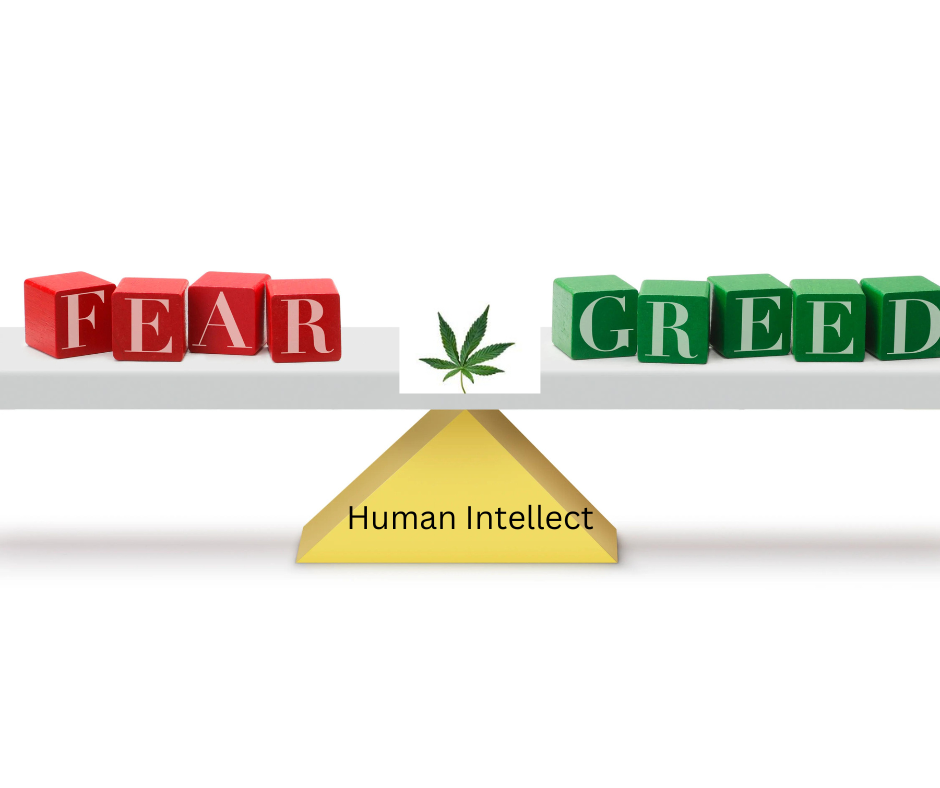The Union of International Hemp Organizations (FIHO) has joined a United Nations project. They are now a member of the Global Alliance for Buildings and Construction (GlobalABC). Within this partnership, FIHO is dedicated to advocating for hemp as a sustainable and eco-friendly choice for building materials. This cooperative effort is in harmony with GlobalABC’s primary objective of promoting carbon neutrality in the built environment, encompassing substantial international endeavors such as the annual sessions of the Conference of the Parties (COP), the decisive entity of the UN Framework Convention on Climate Change.
“Increasingly, companies worldwide are venturing into the development of hempcrete and other biomaterials for both new constructions and retrofitting existing buildings, all at a reasonable cost and using locally sourced products,” stated FIHO in a press release. The emphasis was placed on the hemp plant’s capacity to absorb CO2 in the field and hempcrete’s ability to securely sequester it.
GlobalABC is dedicated to formulating policy and technology recommendations for the construction industry, spanning global, regional, national, and municipal levels. The Alliance monitors the progress in decarbonizing the sector through its annual Global Status Report for Buildings and Construction, along with its Global Building Climate Tracker.

New Platform for Hemp
“Hempcrete producers will have the opportunity to present their products and establish connections with various stakeholders, including farmers, processors, architects, building companies, and urbanists, to exchange research findings and more within the framework of Global ABC,” stated Ted Haney, FIHO Chairman.
The 2022 edition of the Global Building Climate Tracker report by Global ABC indicates that the construction sector is not on track to achieve decarbonization by 2050.
According to the report, “The gap between the actual climate performance of the sector and the necessary decarbonization pathway is widening.” It highlights that the building sector’s lack of structural or systemic improvements in decarbonization makes its emissions reductions susceptible to external factors.
In 2021, the buildings and construction sector contributed to approximately 37% of energy- and process-related CO2 emissions and accounted for over 34% of global energy demand, as per the report.



